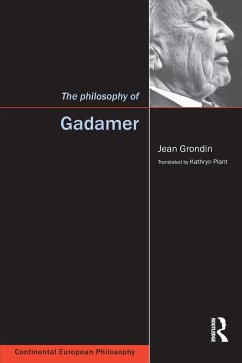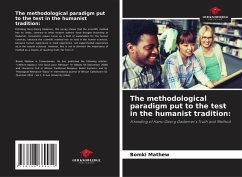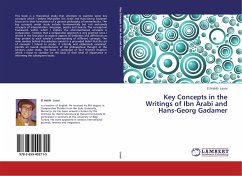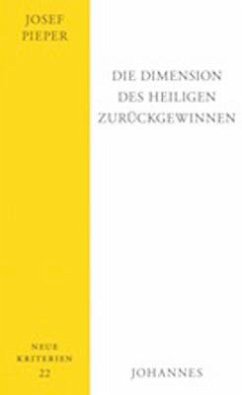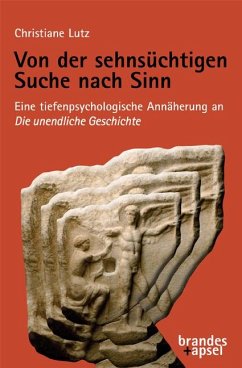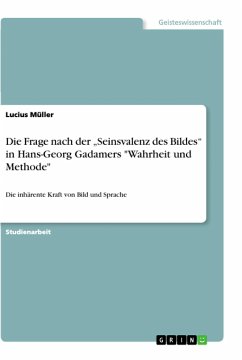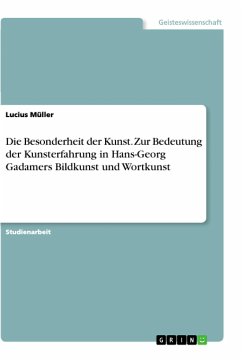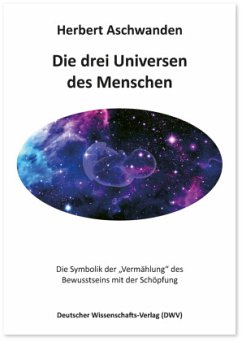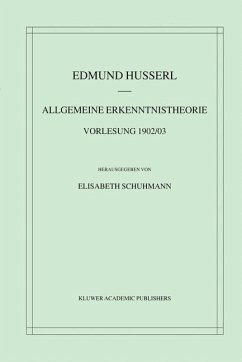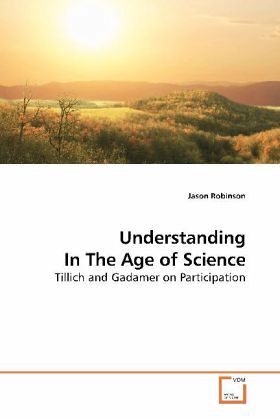
Understanding In The Age of Science
Tillich and Gadamer on Participation
Versandkostenfrei!
Versandfertig in 6-10 Tagen
32,99 €
inkl. MwSt.

PAYBACK Punkte
16 °P sammeln!
Paul Tillich s notion of the "symbol" and Hans-Georg Gadamer''s notion of the "fusion of horizons," should inspire all of us to rethink our relationships with and understanding of others. Tillich and Gadamer offer two different yet connected reactions to estrangement and alienation that culminate in their respective notions of participation. They recognize what many have failed to see, namely, the need to make connections between several dimensions of experience, i.e., those dimensions typically segmented between the natural sciences and human sciences, the sciences and the arts, religious exp...
Paul Tillich s notion of the "symbol" and Hans-Georg Gadamer''s notion of the "fusion of horizons," should inspire all of us to rethink our relationships with and understanding of others. Tillich and Gadamer offer two different yet connected reactions to estrangement and alienation that culminate in their respective notions of participation. They recognize what many have failed to see, namely, the need to make connections between several dimensions of experience, i.e., those dimensions typically segmented between the natural sciences and human sciences, the sciences and the arts, religious experience and philosophical thought, etc. This book examines how Tillich''s religious symbol and Gadamer''s philosophical hermeneutics attempt to bridge artificial epistemological boundaries and existential estrangement. In the age of science, Tillich and Gadamer argue that to truly understand does not always mean controlling or dominating truth, i.e., scientifically, but participating in meaning by "being there." The act of knowing, of understanding generally, requires that we participate as willing dialogue partners, not that we neutrally observe from a distance.



